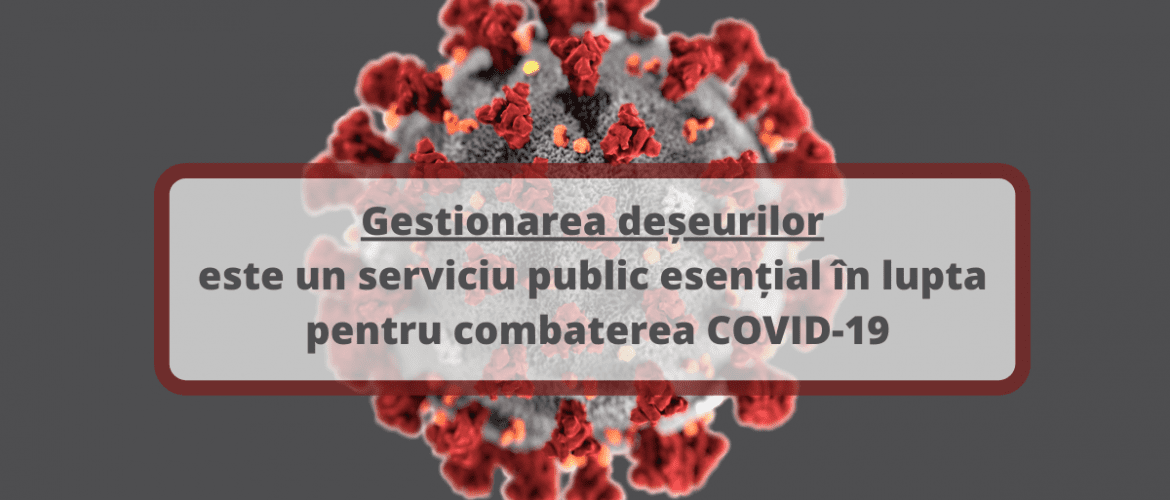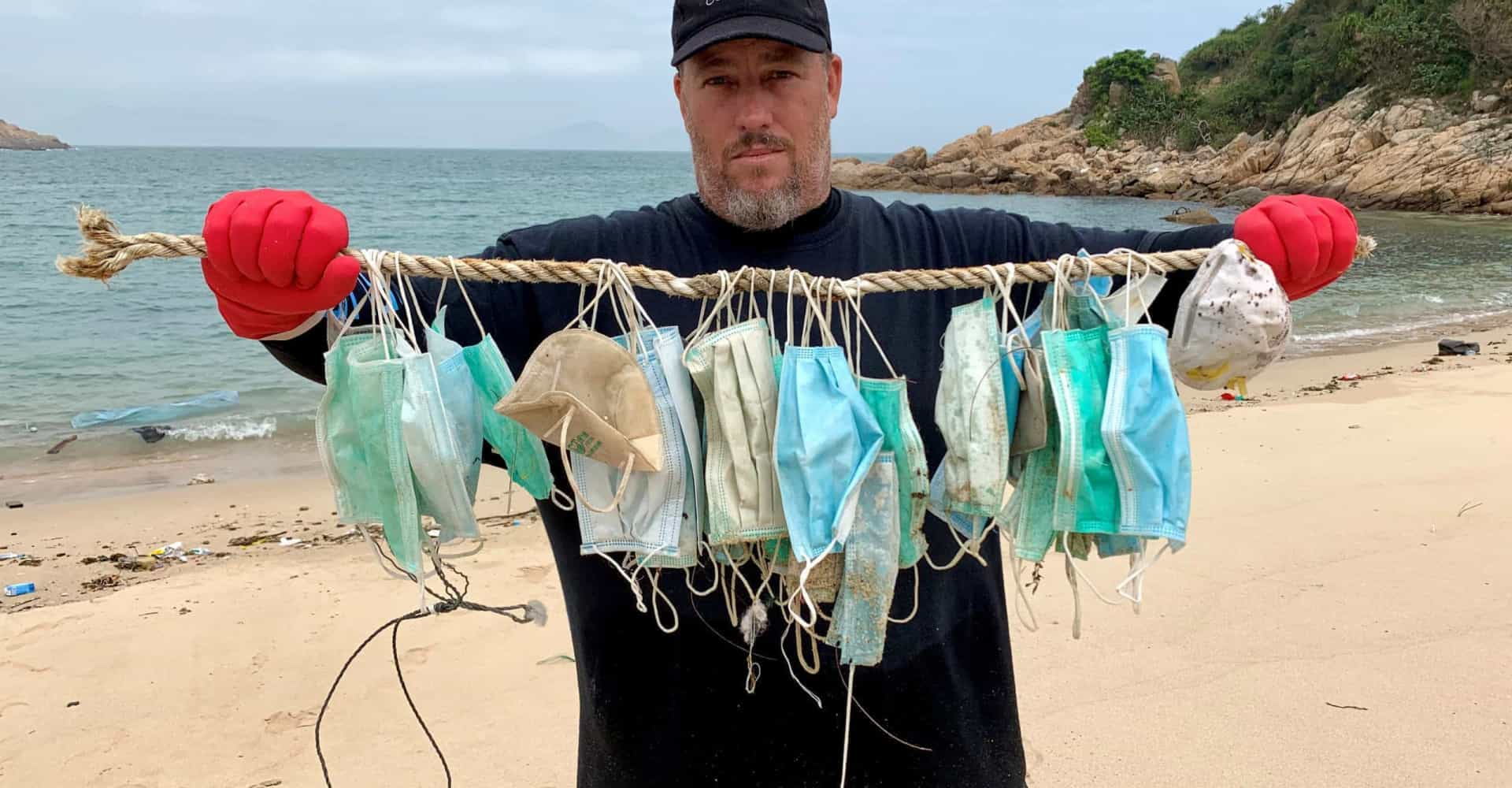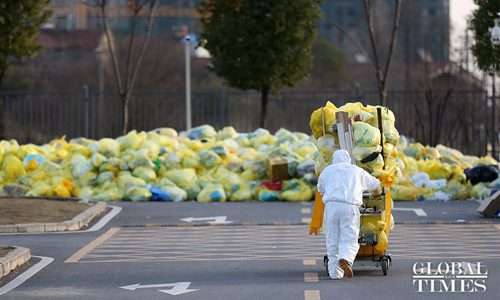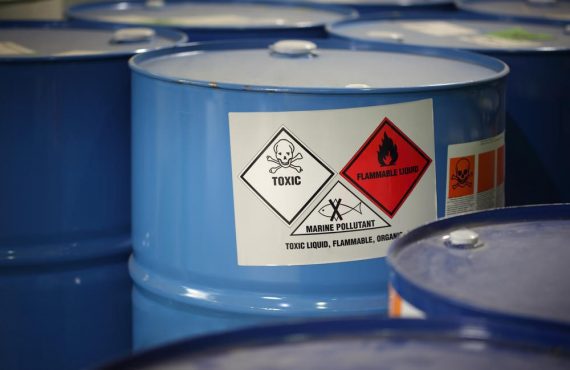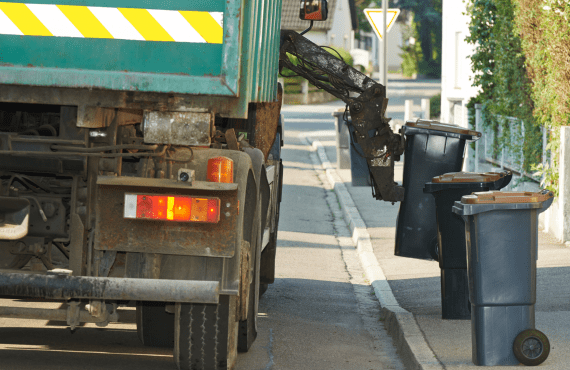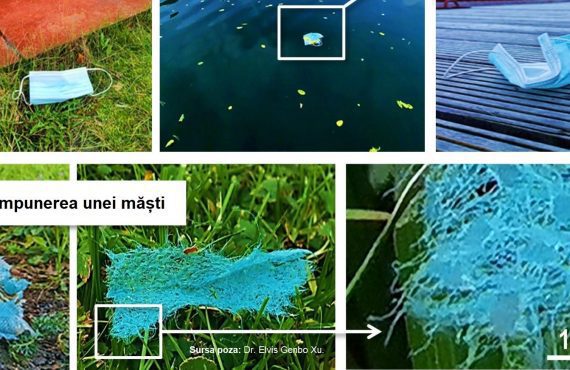Given the scale and pace of the spread of the coronavirus pandemic (COVID-19), the aggressive impact on human health and the global economy is intensifying day by day, forcing governments to urgently address the issue of medical, household and waste management other types of hazardous waste. Indisputably, waste management is an essential public service in the fight against COVID-19, with the aim of minimizing possible secondary impacts on health and the environment.
During such an outbreak, many types of medical waste are generated, much of which is hazardous, including infected masks, gloves and other protective equipment, etc. Lack of one Management system of these wastes can cause "unpleasant" and unforeseen effects on human health and the environment. So a vital element in an effective emergency response is safe handling and correct final disposal of these wastes.
Effective management of biomedical and medical waste requires proper identification, collection, segregation, storage, transport, treatment and disposal, as well as important associated aspects including disinfection, personnel protection and training. Technical Guide to the Basel Convention on the Ecological Management of Biomedical and Healthcare Waste it includes information and practical and useful aspects of waste management for authorities who want to minimize the risks associated with the virus.
More resources on the safe handling and disposal of medical waste can be found on the website of the Basel Convention Regional Center for Asia and the Pacific, which includes a number of guidance documents and best practices.
Another critical topic during the pandemic is the safe management of household waste. Medical waste such as contaminated masks, gloves, used or expired drugs and other items can easily be mixed with household waste, although they must be treated as hazardous waste and disposed of separately. They should be stored separately from other household waste streams and collected by the specialized municipality or waste management operators. Guidelines regarding the specifics of recycling or disposal of this waste are detailed in Basel Convention Fact Sheet regarding medical care or medical waste.
Currently, member countries of the Basel Convention are working on a guidance document for the proper management of household waste and, although not yet finalised, an initial draft can be consulted for provisional guidance.
BRS Executive Secretary Rolph Payet stated that “All branches of society are coming together to collectively eliminate the virus and reduce the human and economic impact of COVID-19 around the world. In addressing this enormous and unprecedented challenge, I urge decision-makers at all levels: international, national and municipal, city and district, to make every effort to ensure waste management, including that from potentially hazardous medical and household sources, to thus ensure the minimization of the impact on human health and the environment".
Source: https://www.unenvironment.org/

